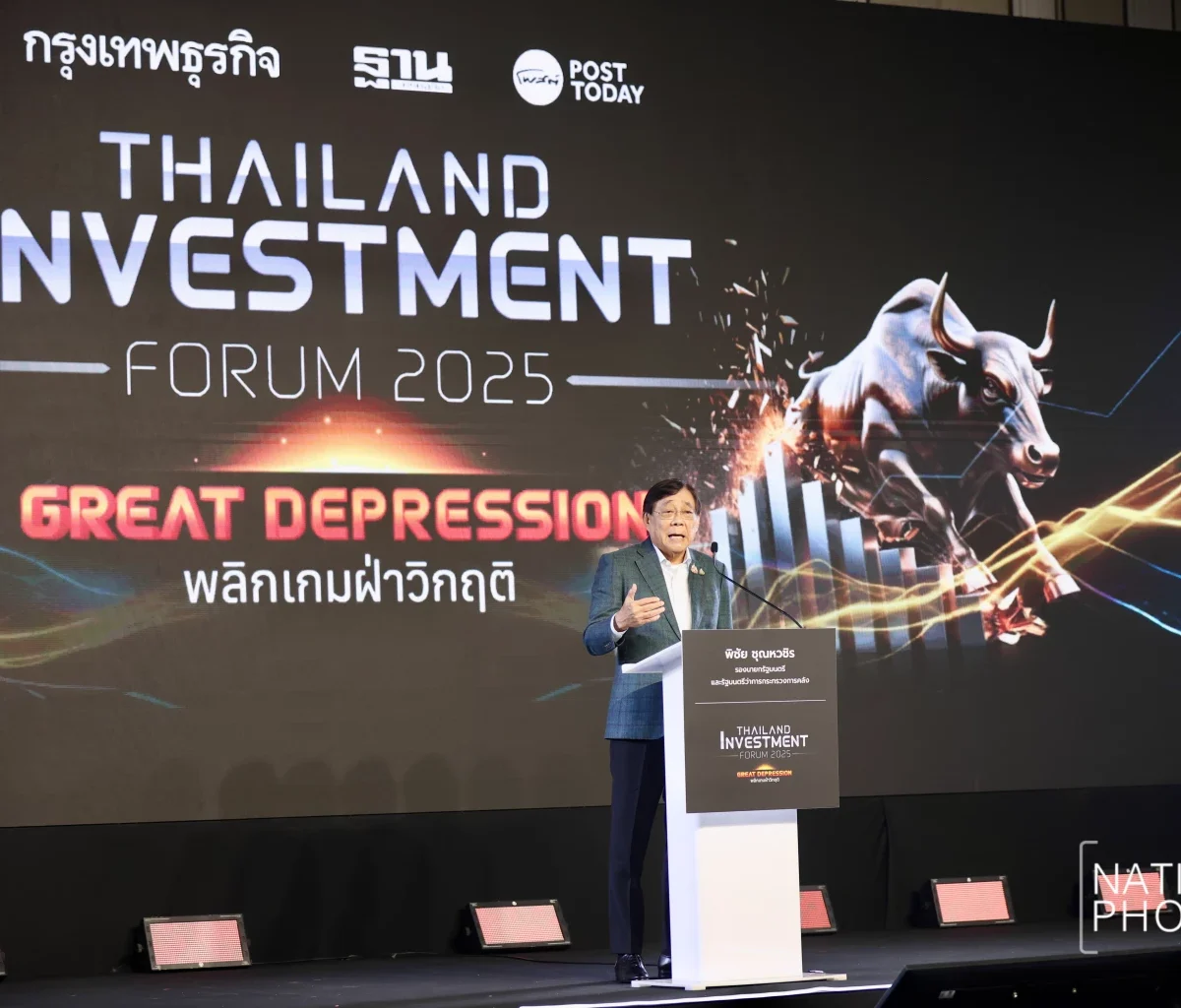These historical examples demonstrate how substantial investment, whether from the private or public sector, creates a positive cycle leading to increased employment, consumption, and subsequent GDP growth.
However, the current situation presents a stark contrast. The Finance Minister revealed that Thailand’s current investment-to-GDP ratio has declined to approximately 6%—significantly lower than historical levels and well below the global standard of 30-40%. This dramatic reduction in investment directly impacts the economy’s overall growth potential.

Addressing Investment Challenges
Minister Pichai acknowledged that Thailand’s declining investment levels represent a long-standing, systemic issue rather than a temporary setback.
He outlined several key areas requiring urgent government intervention to create a more conducive investment environment:
The government must review and modernise outdated legislation that hampers investment, streamlining procedures and facilitating processes for both domestic and foreign investors.
Public sector investment in essential infrastructure, including transport systems, energy networks, and digital connectivity, is crucial to support new investments and enhance the country’s competitive capabilities.
Investment should focus on sectors with strong potential that align with national development goals, such as advanced technology industries, agricultural processing, and tourism, to create added value and distribute income more effectively.





